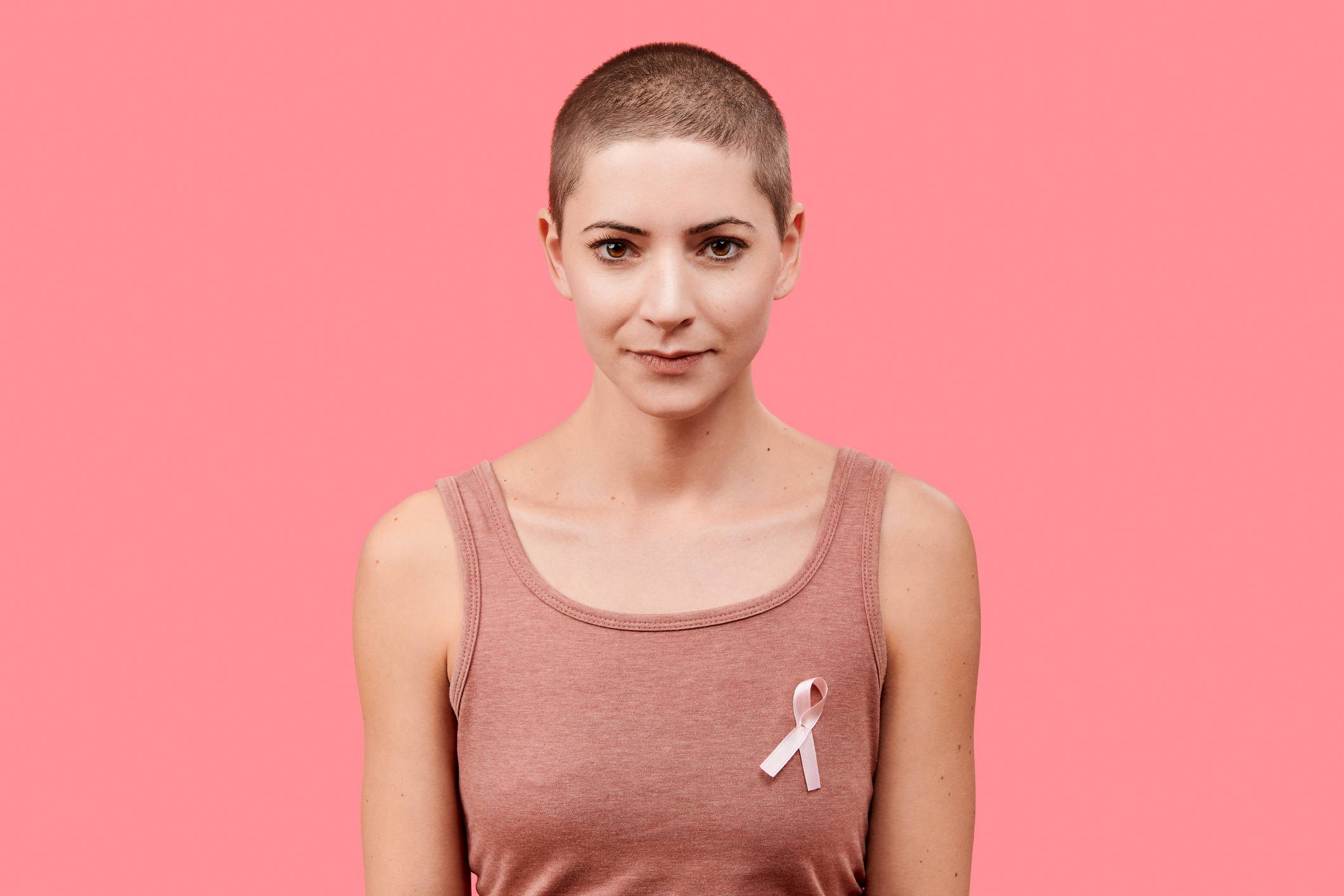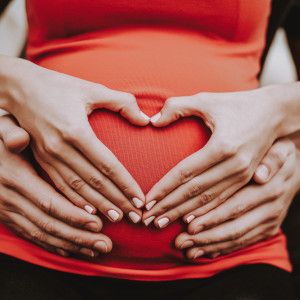3 Unique Issues Young Women with Breast Cancer Should Ask Their Doctor About

© Getty Images
Will I be able to have a baby? Will the treatment trigger early menopause? What about my sex life? These are some of the most frequently asked questions from women under 40 who are diagnosed with breast cancer.
Although breast cancer in young women is rare, a significant number of cases occur in women who are 40 years or younger. “Age matters because the behavior of the tumors in younger women is typically more aggressive in comparison with older women,” says Monica Valero, MD, a breast surgical oncologist at the BreastCare Center at Beth Israel Deaconess Medical Center (BIDMC) and director of BIDMC’s Hispanic Breast Cancer program.
How does breast cancer impact women in their 20s and 30s? Here’s what Dr. Valero says are the most unique issues women women will face related to their diagnosis.
Early Menopause
Some treatment options, like hormone therapy, chemotherapy and certain surgeries, depend upon the type of breast cancer you have, as well as your menopausal status. “Certain treatments can cause an abrupt decline in hormones, which can trigger irregular periods, or stop your cycle altogether,” says Dr. Valero.
If this occurs, women may experience typical menopausal symptoms, such as hot flashes, night sweats, vaginal dryness, and loss of bone density. “There are also psychological side effects of early menopause, like mood swings and depression,” says Dr. Valero. “Patients sometimes feel a loss of youthfulness and femininity.”
Dr. Valero says her team works closely with oncology social work colleagues to help young women cope with changes. “BIDMC offers counseling, peer support groups and other important services, such as helping our patients find appropriate financial assistance,” she says.
Fertility
Many young women consider fertility options before undergoing treatment.
“Some young patients haven’t had children yet or want more,” says Dr. Valero. “If the best treatment plan for you will result in early menopause, we will talk about seeing a fertility specialist to discuss possibilities for future pregnancies.”
BIDMC’s team is dedicated to making a plan that best suits you and your family.
Intimacy
Loss of sexual desire is common among women treated for breast cancer. Treatments can impact estrogen levels, which may also affect sexual health and function, including physical changes in the vulvar and vaginal areas. “Dryness can make sexual encounters painful, resulting in loss of sexual drive or desire,” explains Dr. Valero. “It may take time for women to feel physically and emotionally well enough for sexual intimacy.”
BIDMC’s Center for Intimate Health and Wellness provides holistic and advanced treatment for women who may have issues with intimate wellness.
“BIDMC’s BreastCare Center team works together with you to provide personalized care with the best results,” says Dr. Valero.
To learn more about breast cancer services available at BIDMC, visit bidmc.org.
This is a paid partnership between Beth Israel Deaconess Medical Center and Boston Magazine


